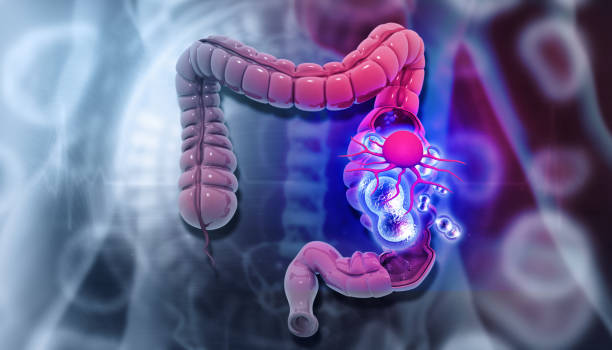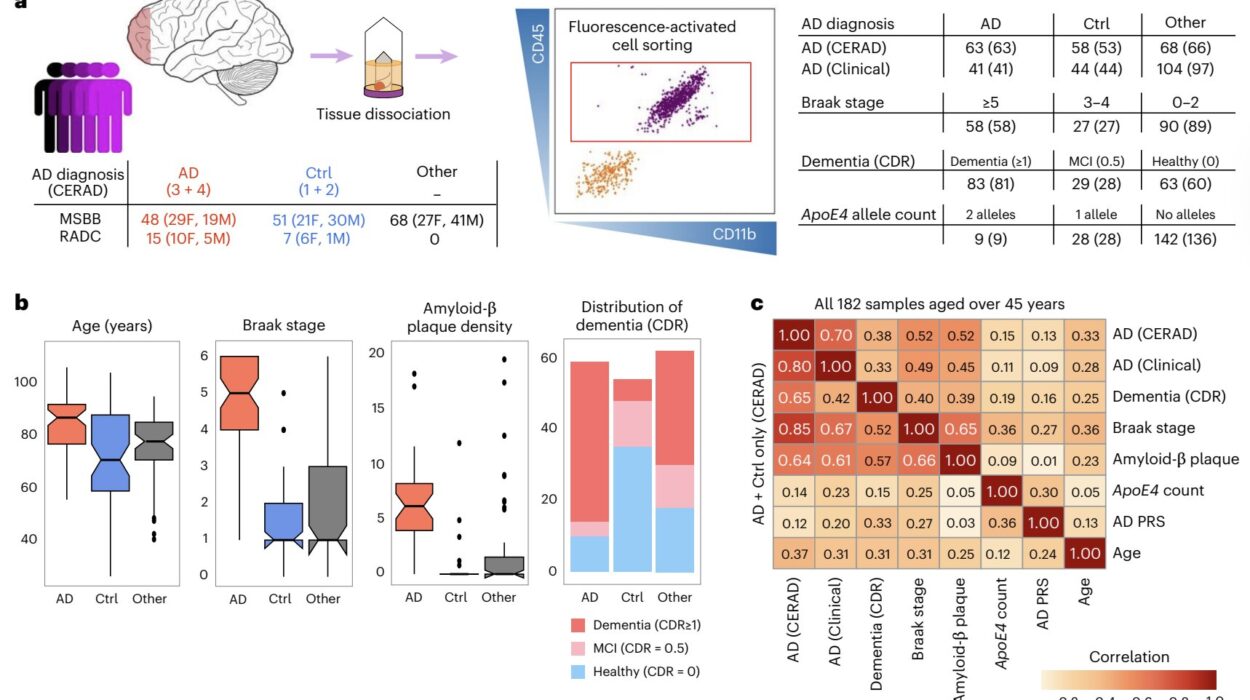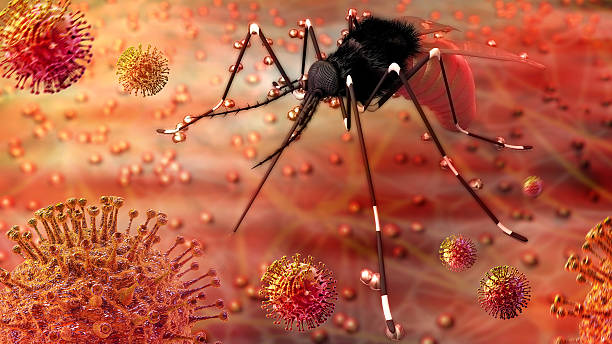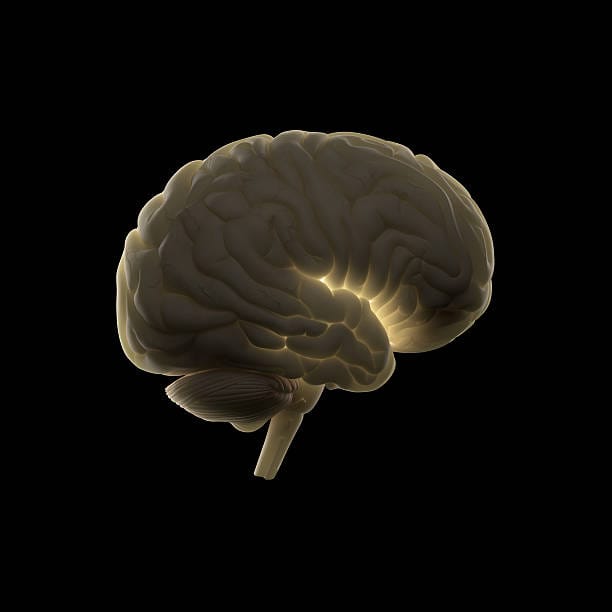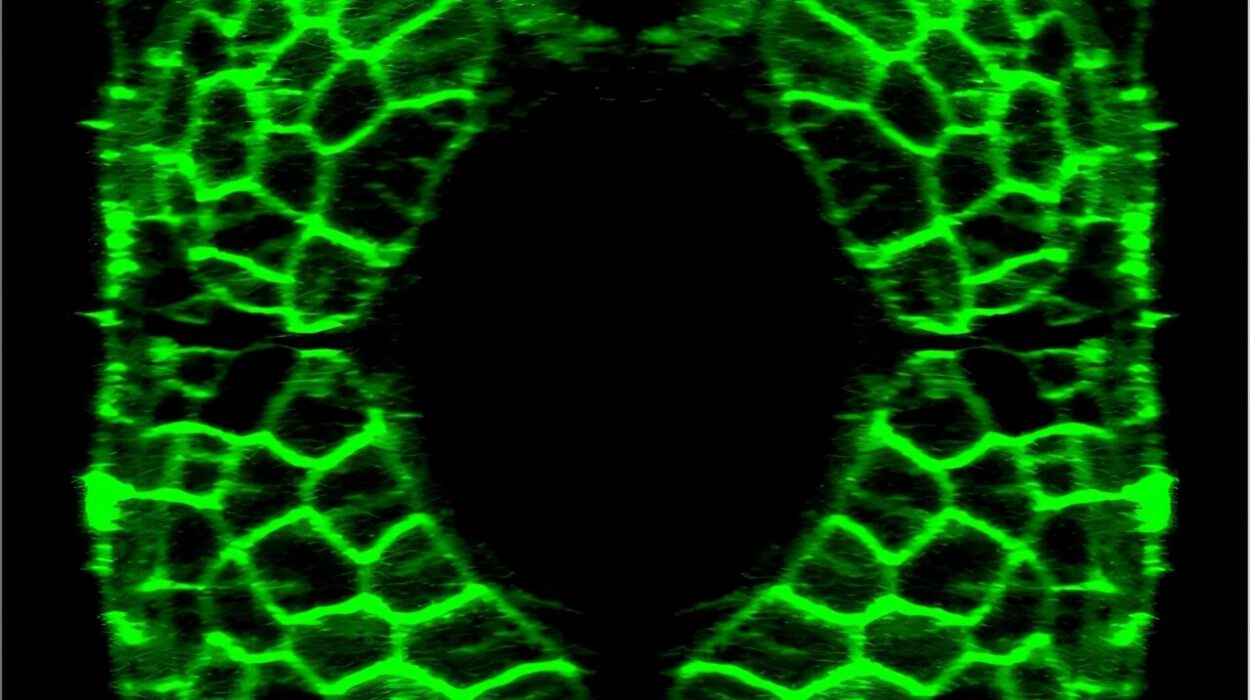For decades, the words “KRAS mutation” have meant one thing in oncology: bad news. These genetic alterations, found in roughly 40% of colorectal cancers (CRC), slam the door on many standard therapies, especially those targeting the epidermal growth factor receptor (EGFR). Until now, conventional wisdom dictated that if a colon cancer patient had a KRAS mutation, EGFR inhibitors were useless—like aiming a key at the wrong lock.
But what if that central dogma was flawed?
In a groundbreaking study from the Center for Cancer Research at the Medical University of Vienna, scientists have done more than chip away at this notion—they’ve blown it wide open. Published in EMBO Molecular Medicine, the findings suggest that EGFR does matter in KRAS-mutated colon cancer—and may even represent an unexpected Achilles’ heel.
Colon Cancer and the KRAS Conundrum
Colorectal cancer is the second leading cause of cancer-related deaths worldwide, and KRAS mutations are one of its most formidable roadblocks. These mutations cause the KRAS protein—a key player in cell signaling and growth—to become locked in an “on” position. As a result, cancer cells grow uncontrollably, ignoring signals that normally regulate their behavior.
This mutation makes most treatments involving EGFR inhibition ineffective. After all, if KRAS is downstream of EGFR and stuck in the “go” position, blocking EGFR shouldn’t make a difference—right?
Not so fast.
Challenging the Central Dogma
The Vienna research team, led by Maria Sibilia and first author Dana Krauß, set out to test that assumption using an innovative tool: tumor organoids. These miniaturized, three-dimensional replicas of tumors are grown from cancer cells derived from mouse models and human patients. They preserve the genetic and structural features of real tumors and are ideal for testing how cancers respond to various treatments.
In these KRAS-mutant colon cancer organoids, researchers suppressed the EGFR pathway. And the results were anything but expected.
Rather than continuing unchecked, the cancer cells faltered. They shrank in size, altered their metabolism, and activated unexpected genetic programs. In short, blocking EGFR didn’t just matter—it disrupted the cellular machinery in fundamental ways.
A Metabolic Identity Crisis
One of the most remarkable changes observed was in metabolism. Cancer cells are notoriously hungry for glucose, relying heavily on a process called glycolysis—even in the presence of oxygen—to generate energy. This is known as the Warburg effect and is a hallmark of many cancers.
When EGFR was blocked in KRAS-mutated organoids, glycolysis was disrupted. The cells were forced to adapt, turning to glutamine—an amino acid—for fuel instead. This metabolic rewiring represented a vulnerability: a major shift in the cellular energy landscape that could be exploited therapeutically.
This alone was a big deal. But the surprises didn’t stop there.
Signatures of Survival
In parallel with the metabolic shift, researchers observed the activation of a specific gene signature that correlated with better survival in patients with KRAS-mutated colorectal cancer. Among the star players in this genetic orchestra was Smoc2, a gene that turned out to be a master conductor of cellular reprogramming.
Smoc2 appears to regulate both the metabolic changes and the activation of alternate signaling pathways. It drives a switch in the tumor’s identity, initiating programs usually seen in stem cells and embryonic development. This includes the Wnt signaling pathway, which is known to play a critical role in both normal colon development and cancer.
While this might sound paradoxical—stem cell pathways often correlate with tumor aggressiveness—the context here is key. These reprogrammed cells also became more sensitive to metabolic stress and other therapeutic interventions, opening a door to combination therapies.
Rethinking EGFR Therapy
For years, patients with KRAS-mutated colorectal tumors have been categorically excluded from receiving EGFR inhibitors like cetuximab and panitumumab. The logic was simple: if the downstream signaling is always “on,” blocking the receptor shouldn’t help. But this study challenges that premise by showing that EGFR may play independent, non-canonical roles in cell metabolism and gene regulation—even in the presence of an active KRAS mutation.
This changes the game.
The idea is not that EGFR inhibitors alone will cure KRAS-mutated colon cancer. Rather, they could be part of a new therapeutic strategy, especially when used in combination with metabolic drugs, KRAS inhibitors, or immune modulators.
Indeed, early studies suggest that dual targeting—hitting both KRAS and EGFR—could synergize to suppress tumor growth more effectively than either strategy alone.
Implications for Precision Oncology
This research highlights a critical point in cancer biology: context matters. A mutation in one gene doesn’t act in a vacuum. Cellular pathways are interconnected, and their functions can shift depending on what other mutations are present, what signals are coming from the environment, and even what metabolic fuels are available.
By taking a systems-level approach and incorporating tools like organoid models and metabolic profiling, researchers can uncover relationships that linear models miss. It’s not just about turning one switch on or off—it’s about understanding the entire circuit.
The discovery that EGFR remains a relevant target, even in KRAS-mutated tumors, underscores the need to revisit rigid treatment algorithms in favor of more nuanced, biology-driven strategies.
A Cautious Optimism
As with all preclinical research, there’s a note of caution. These findings are based on laboratory models and patient-derived datasets, but not yet on large-scale clinical trials. The real-world effectiveness of EGFR blockade in KRAS-mutated CRC patients will need to be tested in carefully designed trials.
Still, the mechanistic insights are strong. They not only provide a rationale for testing EGFR-targeted therapies in a new context but also offer biomarkers—such as the presence of the Smoc2 gene signature—that could help identify which patients are most likely to benefit.
A New Chapter in Colon Cancer Research
The work from Vienna is a testament to the value of questioning scientific orthodoxy. In a field where treatment options are limited and prognosis for KRAS-mutant CRC remains grim, this study offers a new line of inquiry—and with it, hope.
“We’ve long assumed EGFR was irrelevant in KRAS-mutated tumors,” said lead investigator Maria Sibilia. “But our data show that assumption needs to be reevaluated. The tumor doesn’t stop responding—it just responds differently.”
By shifting our perspective and asking new questions, researchers are discovering that even the most stubborn cancers may have hidden vulnerabilities. What was once thought to be a molecular dead end could, with the right key, become an open door.
Reference: Dana Krauß et al, EGFR controls transcriptional and metabolic rewiring in KRASG12D colorectal cancer, EMBO Molecular Medicine (2025). DOI: 10.1038/s44321-025-00240-4
